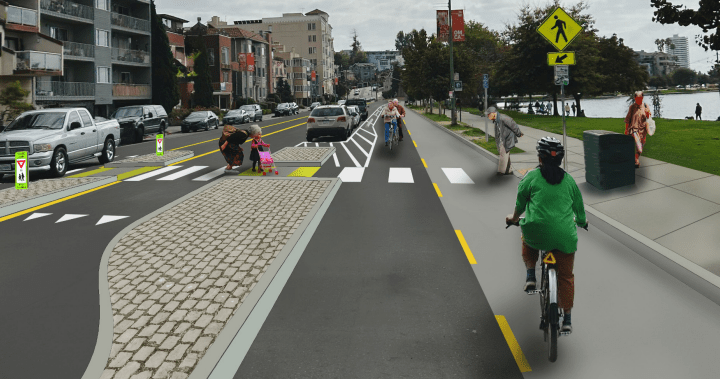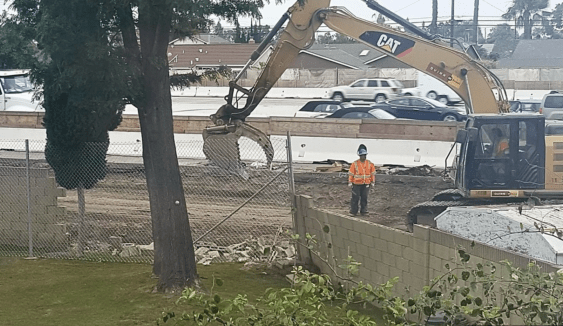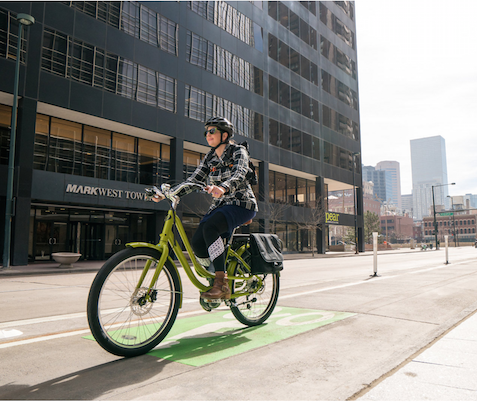Menlo Park El Camino Real Bike Lanes Delayed Again
1:32 PM PDT on June 23, 2016
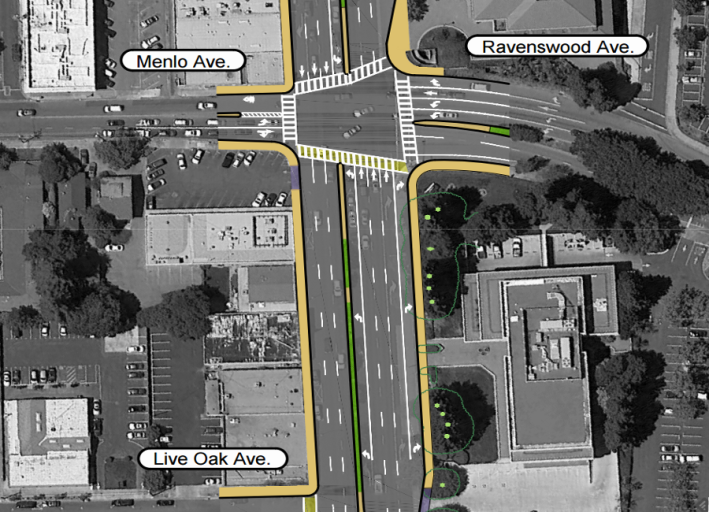
Menlo Park's plans to fix El Camino Real's safety hazards were postponed yet again by a city council that is now split on whether to go ahead with the installation of even a bike lane pilot project. Proponents continue to demand that the city take action to prevent injuries suffered by residents in traffic collisions.
"The goals of Menlo Park roadway infrastructure changes should be to serve more people and to make our roadways safer for everyone," said Bicycle Commission Chair Cindy Welton at the May 3 City Council meeting. "Our status quo street design that we've inherited is not working. No one is served by our high collision rates."
Citing concerns the city is making too many safety improvements too fast, and under continued pressure from the Menlo Park Fire Protection District to cancel the ambitious project altogether, the council voted to postpone it until after the city installs bike lanes on Oak Grove Avenue later this year. A total of 112 car parking spaces will be removed for the Oak Grove bike lanes.
"If we're serious about wanting to take parking spaces on Oak Grove, on both sides of El Camino, and other places in the city as we create safe routes to school," said City Council member Ray Mueller, "it's a lot to ask the community to absorb that at the same time as the controversy we know will exist around putting bike lanes in on El Camino."
In August 2015, the council unanimously approved a one-year pilot project that would replace all of the parallel car parking on the city's 1.5-mile section of El Camino with either buffered or separated bike lanes, a major re-design recommended by consulting firm W-Trans to cut traffic and prevent collisions. All three city volunteer groups that reviewed the plans (Planning Commission, Transportation Commission, and Bicycle Commission) also voiced unanimous support for the bike lane proposal in early 2015.
"I don't mind trials, to look at it and test it," said Mayor Richard Cline at the May 3 meeting. "But I'm probably not going to be the biggest proponent of El Camino. I would rather have four other alternatives to spend our money on than El Camino."
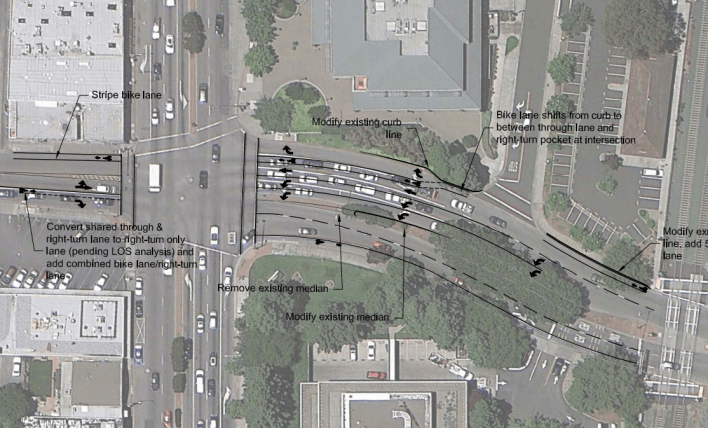
City council member Peter Otaki once again pushed for an expansion of El Camino with a fifth travel lane through downtown Menlo Park from Ravenswood Avenue to Valpariso Avenue to "move the bottleneck northward."
“As we go north of Ravenswood, how do we continue to have three lanes?" asked Ohtaki, proposing a detour for bicyclists. "If we put the bike lanes and bike traffic around Menlo Center, on Merrill, and onto Garwood Way... and then allow the bikes to come back to El Camino at Valpariso."
Menlo Park Fire Protection District Harold Schapelhouman applauded the indefinite delay of any type of bike lanes of El Camino Real, despite W-Trans assurances that wide bike lanes would cut traffic and that emergency vehicles would be able to use the bike lanes to bypass traffic jams. Schapelhouman also proposed an expansion of Willow Road between Middlefield Road and Highway 101, where it's a two-lane median-separated street with bike lanes.
The design of [Willow Road] is not conducive for emergency vehicles..." said Schapelhouman. "It had it's time, it served us well for many years. But with the traffic congestion, the bulb-outs, the bike lanes, the parking, the center dividers, everything that's out there, it's a disaster for us right now."
While deciding not to move forward with bike lanes on El Camino Real, the city council did approve a number of other safety improvements, including the installation of the missing fourth pedestrian crosswalk at the following El Camino intersections: Cambridge, Middle, Ravenswood, Encinal, and Roble avenues, and a bike lane on the short block of Ravenswood Avenue between El Camino Real and the Caltrain tracks.
The city council also cancelled a $1 million city project to widen northbound El Camino Real approaching Ravenswood Avenue with a third travel lane, after city staff concluded it might impede vehicular access to the office building next to the street. The widening project had received widespread criticism because it would require cutting down 11 heritage redwood trees.
Read More:
Stay in touch
Sign up for our free newsletter
More from Streetsblog San Francisco
Update on Oakland DOT’s Lakeshore Protected Bike Lane Project
Public seems fairly positive and accepting towards the coming project. Let's hope it stays that way
